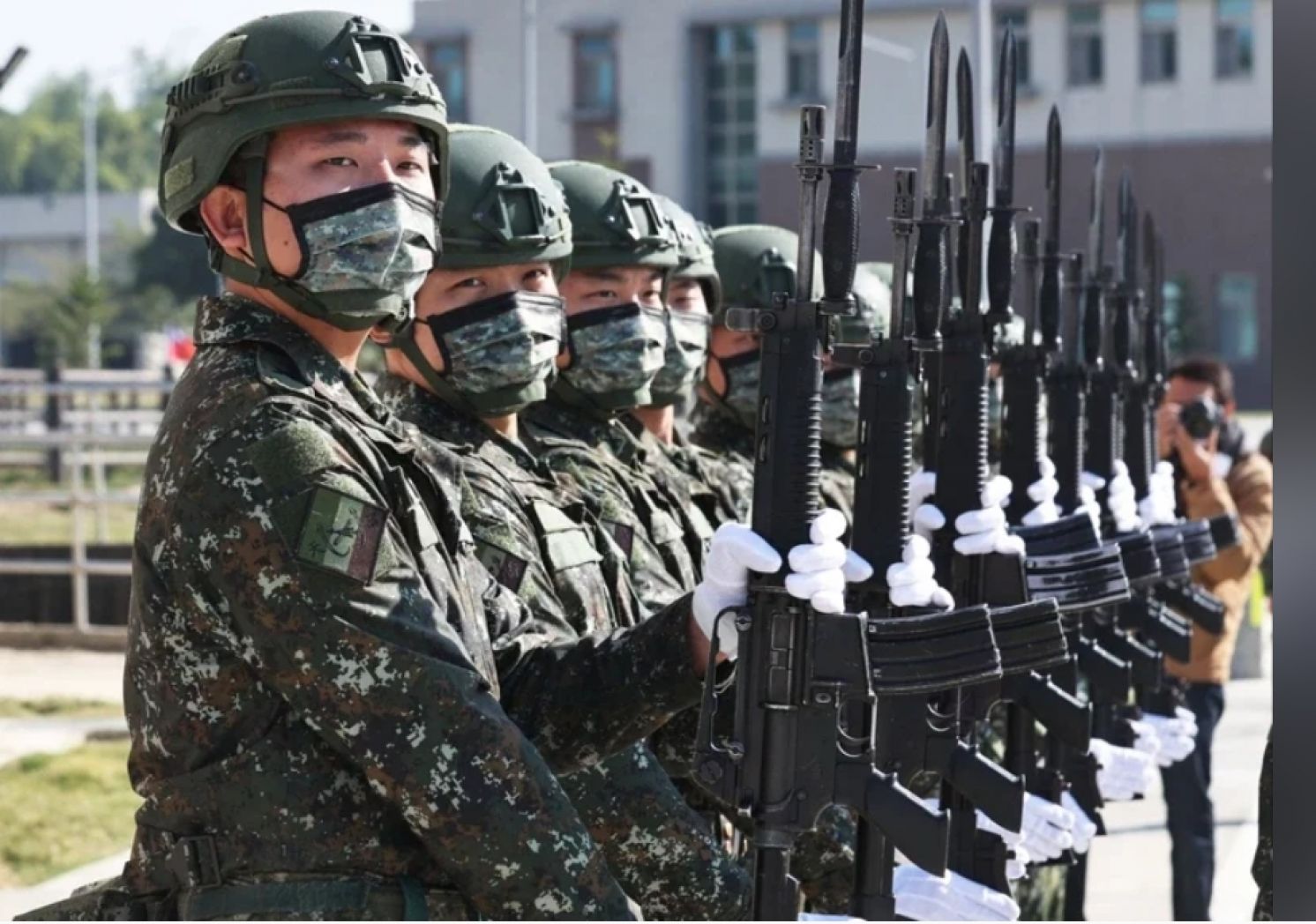
This Week in Taiwan 1218-1227
December 18: In the postponed Chiayi mayoral election, the Kuomintang's (KMT) incumbent Huang Min-hui won nearly 60,000 votes, about 63.6 percent of the votes, winning a big victory over Democratic Progressive Party (DPP) challenger Lee Chun-yi. Huang was successfully re-elected and set a record of being elected mayor four times.
December 18: The Nanfang'ao Bridge which collapsed on October 1, 2019, was rebuilt and opened to traffic at 3 PM. Premier Su Tseng-chang attended the opening ceremony and stated that after a general inspection of 26,000 bridges across Taiwan, 101 need to be rebuilt and strengthened immediately. About 100 bridges have been completed, and only one remains to be completed by April next year.
December 21: After the DPP's major setback in the local elections and the postponed Chiayi mayoral election, demands from within the party for a cabinet reshuffle continues to intensify. According to the latest poll released by the Taiwan Public Opinion Foundation on December 20, only 37.5 percent approved of President Tsai Ing-wen's handling of national affairs, hitting a 44-month low. President Tsai posted on Facebook on the evening of December 21, stating that the DPP must review, reorganize, and move forward. Starting next week, she will convene high-level national security meetings to consolidate various plans, including extending compulsory military service and reporting to the people after the policy is finalized.
December 21: On December 20 Eastern time, the United States Congress announced a negotiated version of the Omnibus Appropriations Act for fiscal year 2023. The bill authorizes provision to Taiwan of up to $2 billion in military financing each year. The content about up to $2 billion in free military aid each year, however, is not included in the annual appropriation but provided in the form of military loans, which Taiwan must repay within 12 years. In response, the Ministry of Foreign Affairs stated that in the future, it will continue to maintain contact with friends in Congress and the executive branch to discuss how to gradually implement the various initiatives listed in the National Defense Authorization Act (NDAA).
December 22: As the pandemic situation worsens, demand for coronavirus (COVID-19) medication in mainland China has risen sharply. A phenomenon of "snatching medicines to send to China" emerged in community pharmacies across Taiwan. Wang Pi-sheng, commander of the Central Epidemic Command Center (CECC), confirmed that large quantities of antipyretics such as Panadol have been purchased, resulting in shortages in pharmacies. He plans to ask pharmacies first to ask shoppers to buy in smaller quantities.
On December 22, Minister of Health and Welfare Hsueh Jui-yuan announced the first wave of measures controlling purchases of drugs containing acetaminophen. The CECC also pointed out that it does not rule out selling antipyretics under a temporary name registration system.
December 22: The Executive Yuan approved a provisional restart of the "Mini-Three Links" over Lunar New Year, scheduled to be implemented before and after the holiday from January 7 to February 6, 2023. Travel to China will be granted by special application and restricted to Kinmen and Matsu residents and mainland Chinese spouses, but remain closed to mainland Chinse and Taiwanese business people. There will be one flight per day from Kinmen and two flights per week from Matsu to Xiamen.
Passenger flights under the Mini-Three Links between Taiwan's Kinmen and mainland China's Xiamen have been suspended since February 10, 2020, due to the pandemic.
December 23: Chen Kai-ling, former director-general of the Economic Development Bureau, Tainan City Government, was reported to have accepted from businesses bribes in the form of cash, drinking, and sexual entertainment, during the Cigu Industrial Park development project. He was ordered detained and held incommunicado by the court.
December 25: Speaker elections were held in local government councils across Taiwan. The Ministry of the Interior announced the results: 15 speakers were affiliated with the KMT, four with the DPP, and three independents. Seven speakers were newly elected, while 15 were re-elected.
In order to secure local speakerships, both parties have resorted to disciplinary measures to punish voting inconsistent with party lines.
In the speaker election in Tainan, which many suspect to be impacted by "black gold," the DPP's Chiu Li-li defeated independent incumbent Kuo Hsin-liang and was elected speaker. In Kaohsiung, the DPP's Kang Yu-cheng defeated the KMT's Lu Shu-mei. In Hualien, Chang Chun quit the KMT immediately after his re-election.
December 27: President Tsai Ing-wen held a press conference at 3:30 PM, announcing that compulsory military service will be extended to one year.
Starting 2024, males who reach age 18 and were born after 2005 will have their conscription period extended from four months to a year, and substitute service will also be extended from six months to a year. Monthly salaries of conscripts will increase. The salary of a private will increase from NT$6,500 (about US$211) to NT$26,307 (about US$856), in addition to insurance coverage and food expenses.
After the Executive Yuan passes the proposal on December 29, it will be sent to the Legislative Yuan for review.